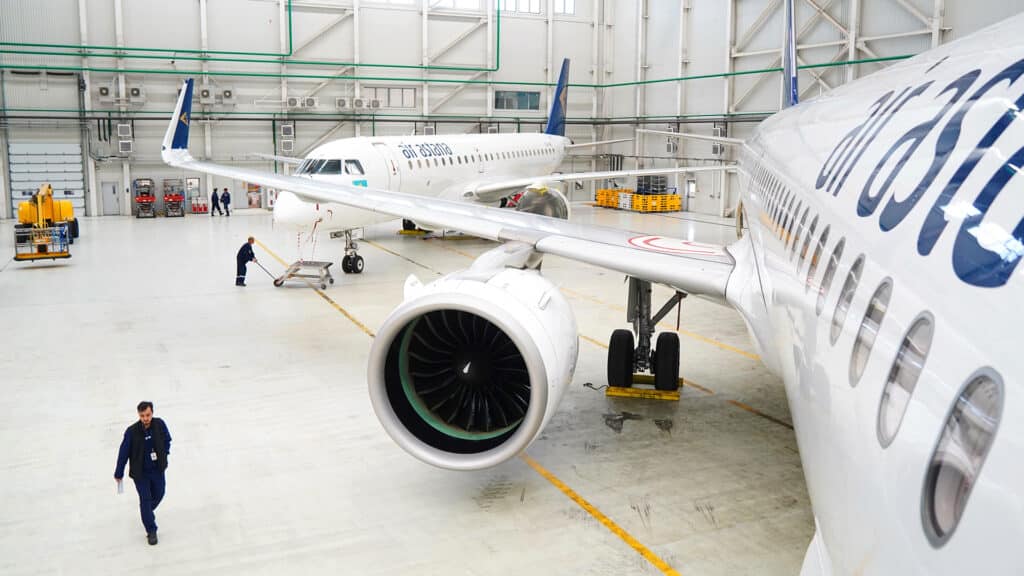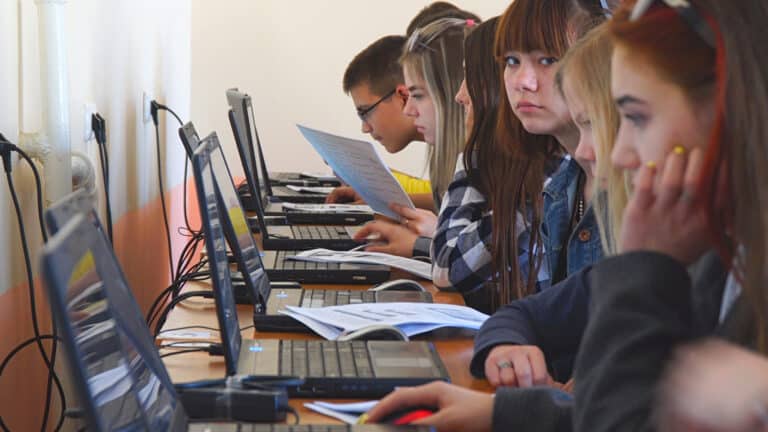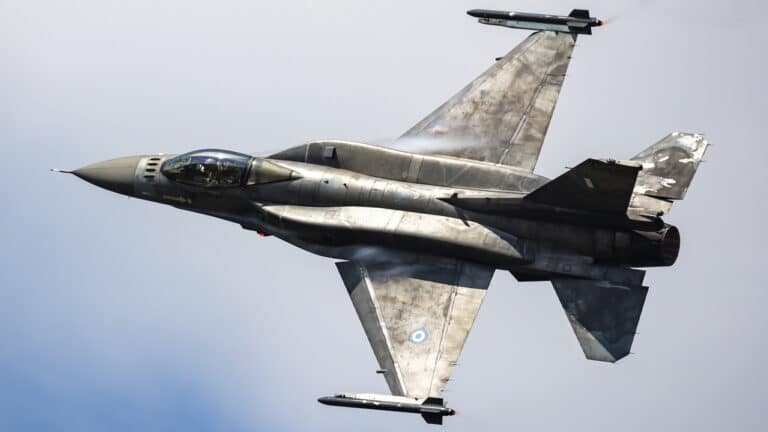
Pratt & Whitney, an American aircraft engine manufacturer, has promised to reimburse Air Astana expenditures related to acquiring aircraft engines as the two companies signed a long-term agreement.
«A set of agreements with Pratt & Whitney that includes long-term contracts on technical maintenance are going to solve the problem of our costs,» Air Astana said in a statement. The company hasn’t revealed any financial details, though.
The context. In late January, analysts of Halyk Finance said that Air Astana could pull 17 out of 49 aircraft out of operation due to flaws in aircraft engines produced by Pratt & Whitney. The move would cause a significant reduction in the airline’s flights, especially during peak seasons.
Pratt & Whitney issued its first report about problems with its engines in July 2023. At the time, the American manufacturer said that about 1,200 to 3,000 PW1100 and PW1400 engines produced between 2015 and 2021 and sold throughout the globe could have serious flaws. These engines were usually installed on А320 and А321 aircraft.
About 50 airlines such as Turkish Airlines, Air New Zealand, IndiGo, Wizz Air Holdings and others were forced to temporarily pull their aircraft out of operation for rigorous examination of engines.
At the time, Air Astana reported that Pratt & Whitney identified only one failed engine within the airline’s fleet that was consequently replaced.
What measures does Air Astana undertake?
In its annual report for 2023, Air Astana said that it acquired six Airbus А320neo aircraft. These new planes have partially offset engine recall by Pratt & Whitney.
Currently, Air Astana is exploiting 28 А320neo aircraft, equipped with PW1100G engines. All in all, the company is going to remove 32 engines as it is expecting to receive an additional seven aircraft this year; it will also rent some planes or buy spare engines. So far, the airline has five spare engines and will receive three more later this year.
Recently, the company announced that it will purchase the sixth PW1100 engine from IAE. The delivery is scheduled for April 2024. In addition to this plan, Fly Arystan, a subsidiary airline of Air Astana, will rent two A320ceo. The aircraft will be delivered to Kazakhstan in the first quarter of 2025.
In February this year, Air Astana went public with an initial price of the placement at $2.38. During the first days of the offering, the stock price grew to $2.66 and then started to gradually decline. As of today, the stock is traded at $2.37 per share, although some analysts believe that the stock can grow by 51% to $3.54 soon.
During its IPO, Air Astana raised $120 million. Among its key shareholders are Samruk Kazyna (41%), Citibank (26.76%), BAE Systems (15.3%) and the United Accumulative Pension Fund of Kazakhstan (6.5%).













